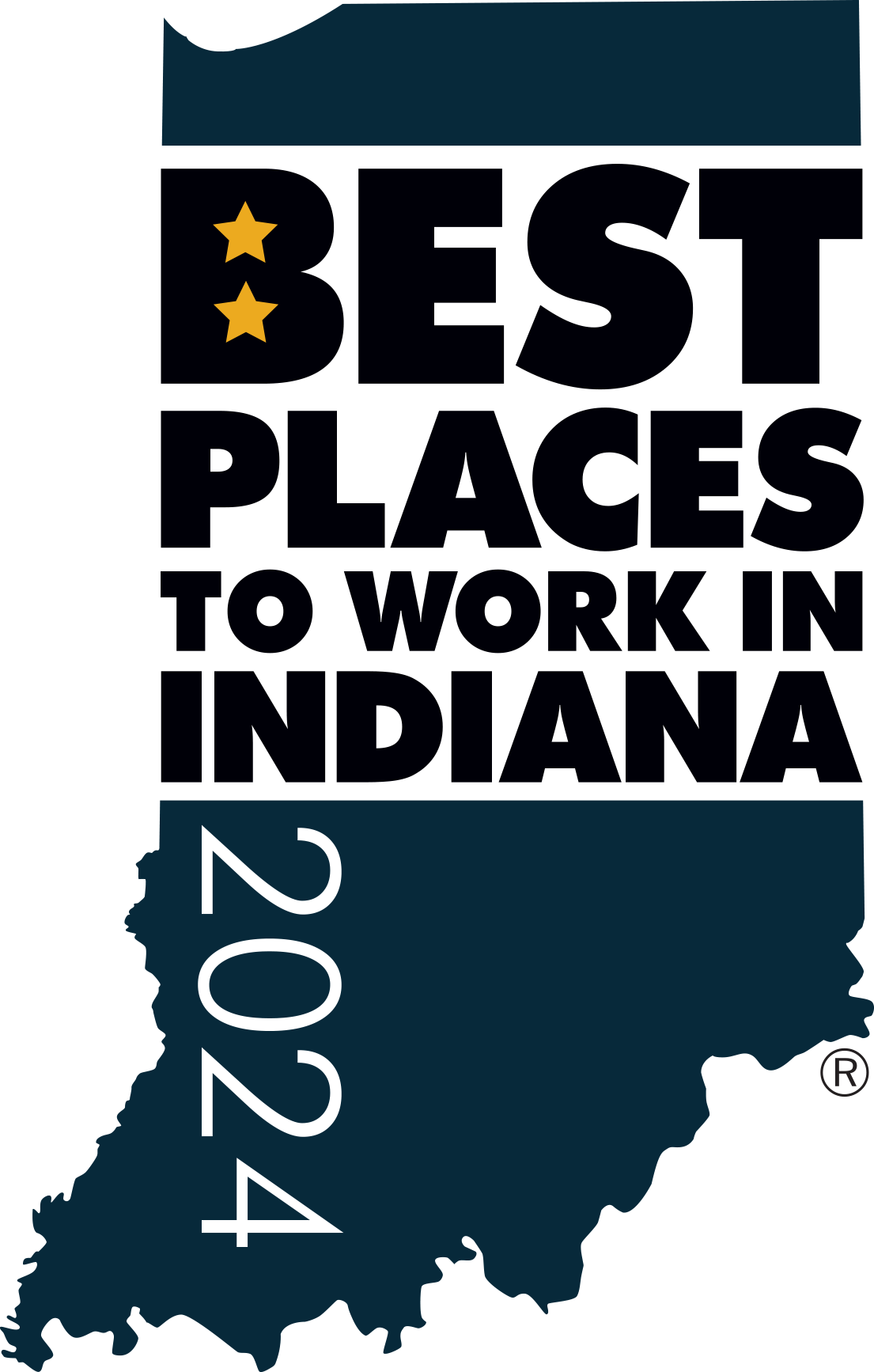Small Lessons in Leadership
Within many industries, the success of a business relies more on the people you pay than the people who pay you. In other words, your people are your most important asset. In some industries, people are your only asset.
As such, many SRA Updates have covered the topic of employee retention. Creating clear and quantifiable career paths, providing consistent reviews and feedback, and crafting an environment of ongoing learning and perpetual growth are all huge pillars in the foundation of retaining the superstars you want to retain. But once that foundation is poured and the framework is in, any builder knows that the devil is in the details. The finish-out of any building makes the difference between a standard home and a custom one. How do you go beyond building simply a solid foundation within your organization, and instead create a custom home where nobody would ever dream of leaving?
Vocabulary
Simply put? Words matter. Consider the difference between “you have a face that makes time stand still” and “you have a face that could stop a clock.” Do not underestimate the importance that words have when either strengthening bonds or fracturing them. Regardless of whether the words are spoken or written in a casual interaction, in a frustrating or disappointing situation, or during a critical review, be acutely aware of the power of your vocabulary.
“Employee” has a different connotation than “team member” or “key contributor,” and “I’m going to need you to” comes across differently than “are you open to some feedback.”
Instead of “as your boss, it’s my job to make sure that you…” try replacing that with “I know you are trusting me to make sure you succeed on this project; can I offer an alternative perspective?” When creating a culture of inclusion, take a statement that starts with “you should have” and instead focus on the future with “I know this was a frustrating outcome; with similar projects in the future, perhaps we could try…”
This doesn’t mean one cannot be direct, or deliver a tough message, or operate with authority. It simply means that a strong leader knows that words have power, and is aware of the responsibility that exists to use them with an awareness of the impact they may have.
Consistency
Simply put? If you say you are going to do something, do it. If you say you are going to be somewhere, be there. If you initiate a new business process or initiative, follow through. Stay consistent about being consistent. Why is this important? Every team needs a rock. Without consistency, it is impossible to be that rock. Ineffective leadership happens when an indivual is moody, passive aggressive, or having a “bad day.”
This does not mean that one has to be eternally optimistic, but simply means a leader needs to be relied upon to be the stable anchor of the team or organization. Instead of giving abrupt, one-word answers when someone interrupts your day, consider instead: “What you have to say is important to me, but I cannot be pulled away from this project right now. Why don’t we set up a time to meet tomorrow at 3pm?” Remember that not only is this important to build healthy professional relationships within a team, but you are also modeling the behaviors that you want a future manager to develop themselves for when they start to lead others. Focused and unavailable is acceptable, while rude or moody is not.
Transparency
A transparent culture is one where employees are given meaningful insights that build trust with leadership. A transparent culture is one where an environment exists where people can give honest and direct feedback, knowing it will be heard and shared with the right people. A transparent culture is one where egos are removed, and ultimately the leaders take full responsibility for the success but also the failures of the organization. There are very few ways to build trust, but one of them is to be transparent. The opposite of this is secrecy, which only serves to erode trust. As long as there is a professional reason why an individual would like information to be shared, is there any reason why that information shouldn’t be? Quarterly or semi-annual Town Hall meetings are a great place to move this from a concept to an actual manifestation. All employees are allowed to ask any question that is professionally relevant unless it is personal in nature, in which case they would be asked to go to the individual directly instead of asking in a public format. For some, this might be a daunting scenario, but it actually allows the leader to be in control of the message instead of speculation within the ranks of those not privy to the dialogue. The irony is that the more you allow people the freedom to ask questions, the less they feel the need to ask them.
Laugh
This doesn’t mean that you need to have the comedic skills of Jerry Seinfeld, but it is imperative for a leader to have a sense of humor both when things are going well and when things go wrong. A study by Bell Leadership Institute found that the two most desirable traits in leaders were a strong work ethic and a good sense of humor. Humor gets people to listen, humor increases persuasion, humor increases your likability, and humor increases employee engagement. Simply put? Be someone others want to be around. These leadership lessons may seem small, but can have the most profound impact on building lifelong professional relationships.
Finding People Who Make a Difference®
Executive Search Review has recognized the totality of the Sanford Rose Associates® network as being one of the Top 10 Search Firms in North America with 70+ offices worldwide. To learn more about achieving professional excellence both personally and with those on your team, please reach out to your Sanford Rose Associates® executive search consultant today.
—Karen Schmidt

